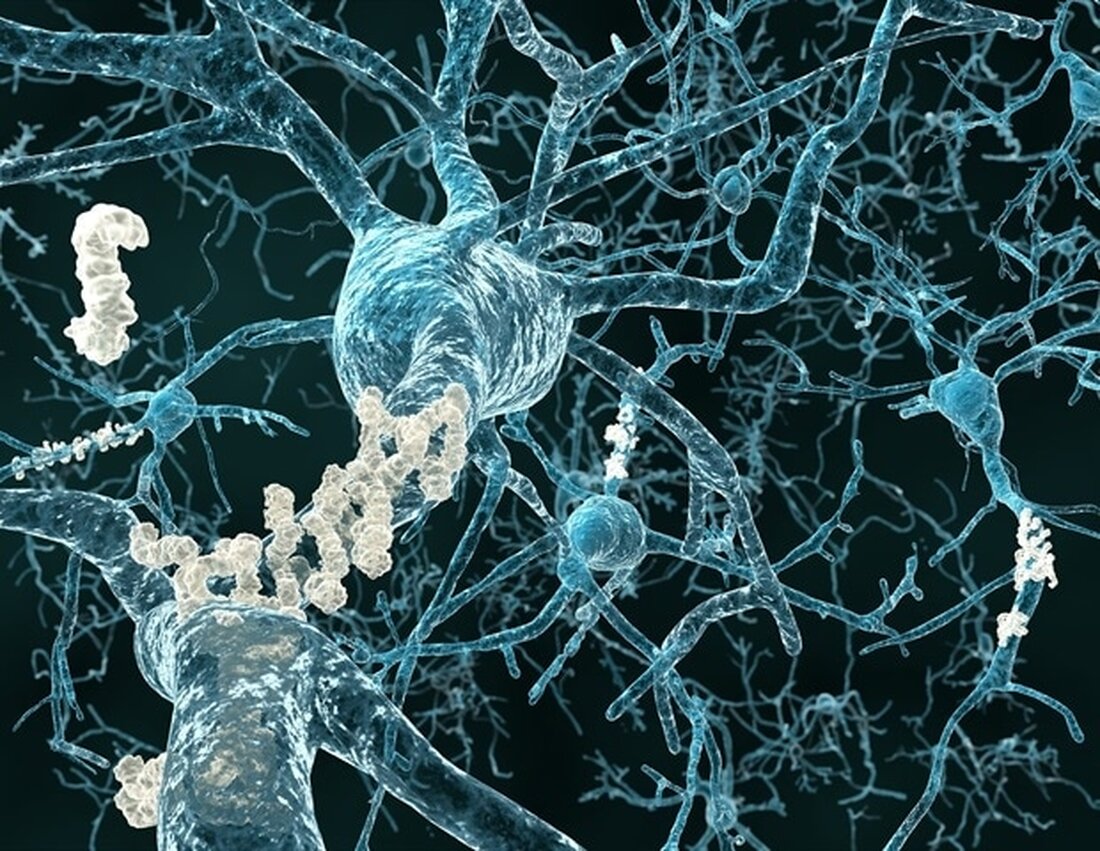GnRH therapy could improve cognitive deficits in men with Down syndrome
Gonadotropin-releasing hormone (GnRH) therapy improves cognitive function in mouse models of Down syndrome (DS) and male patients with DS, according to a new study. The findings reveal a previously underestimated role of GnRH - a hormone commonly associated with fertility and reproduction - in smell and cognition, and offer a promising path to therapies that could improve cognitive deficits in DS. Down syndrome, also known as trisomy 21, is the most common genetic cause of intellectual disability and occurs in one in 30 pregnancies in women aged 45 and over and is caused by having 3 copies of chromosome 21...

GnRH therapy could improve cognitive deficits in men with Down syndrome
Gonadotropin-releasing hormone (GnRH) therapy improves cognitive function in mouse models of Down syndrome (DS) and male patients with DS, according to a new study. The findings reveal a previously underestimated role of GnRH - a hormone commonly associated with fertility and reproduction - in smell and cognition, and offer a promising path to therapies that could improve cognitive deficits in DS.
Down syndrome, also known as trisomy 21, is the most common genetic cause of intellectual disability and occurs in one in 30 pregnancies in women aged 45 and over and is caused by having 3 copies of chromosome 21 instead of the usual 2. Among the various clinical manifestations associated with the disease, many adult DS patients suffer from symptoms similar to those of early-onset Alzheimer's disease as well as a gradual loss of the sense of smell.
Genetics & Genomics eBook
Compilation of the top interviews, articles and news from the last year.
Download a copy today
In addition, men with DS may also exhibit deficits in sexual maturation. However, there are currently no viable treatment options for the cognitive and olfactory deficits associated with DS. Recent research has shown that loss of smell and male infertility are also a feature of GnRH deficiency and that GnRH may play a role in higher brain functions such as cognition. Whether GnRH plays a role in DS pathology is not fully understood. In a mouse model of DS, Maria Manfredi-Lozano and colleagues discovered that microRNA strands that regulate the production of GnRH - located on chromosome 21 - were dysfunctional, leading to abnormalities in the neurons that secrete the hormone. Manfredi-Lozano et al. show that epigenetic, cellular, chemogenic, and pharmacological interventions that restore GnRH functions reverse olfactory and cognitive defects in DS mice as well as in a mouse model of Alzheimer's disease.
Building on these findings, the authors conducted a pilot clinical study to evaluate the effects of GnRH therapy on cognition in seven adult male DS patients. While the treatment did not affect the sense of smell, cognitive performance increased in all but one of the participants. In a related perspective, Hanne Hoffmann discusses the study and its implications in more detail.
Source:
American Association for the Advancement of Science (AAAS)
Reference:
Manfredi-Lozano, M., et al. (2022) GnRH replacement rescues cognition in Down syndrome. Science. doi.org/10.1126/science.abq4515.
.

 Suche
Suche
 Mein Konto
Mein Konto
